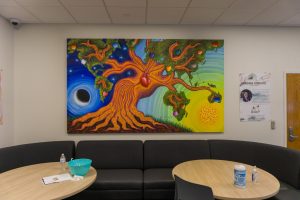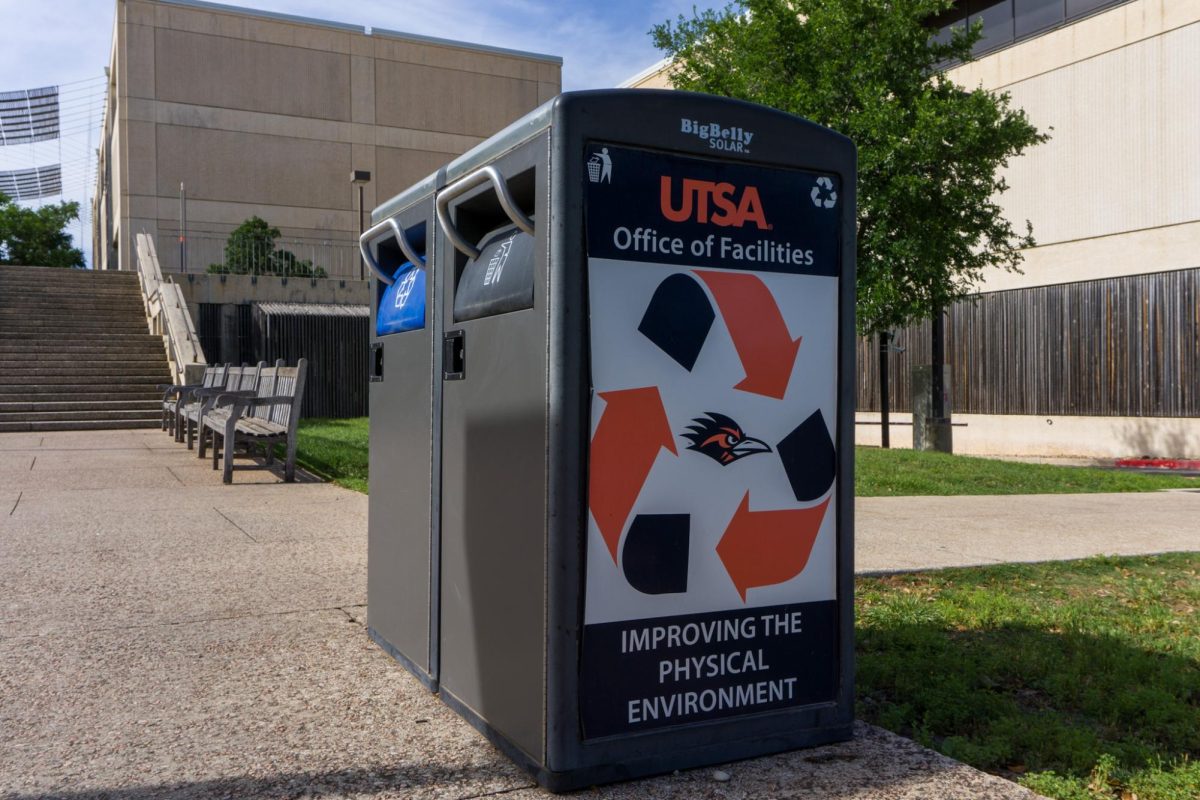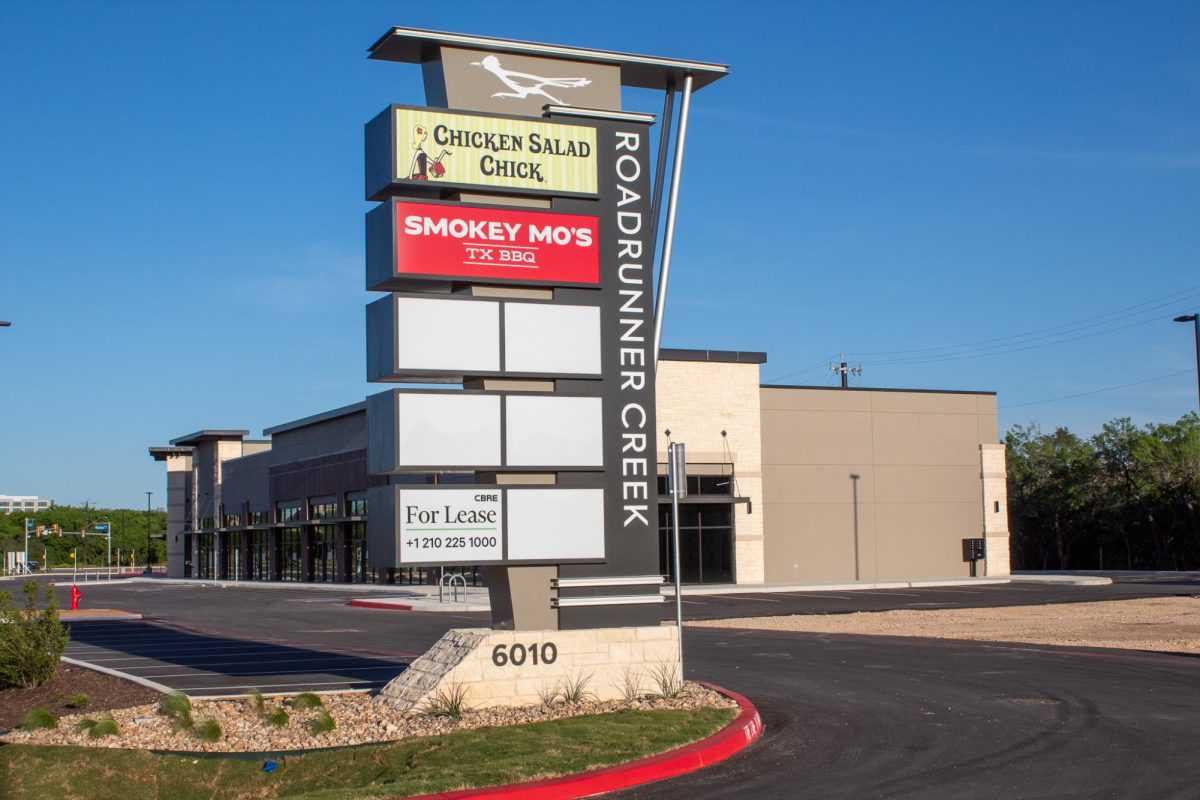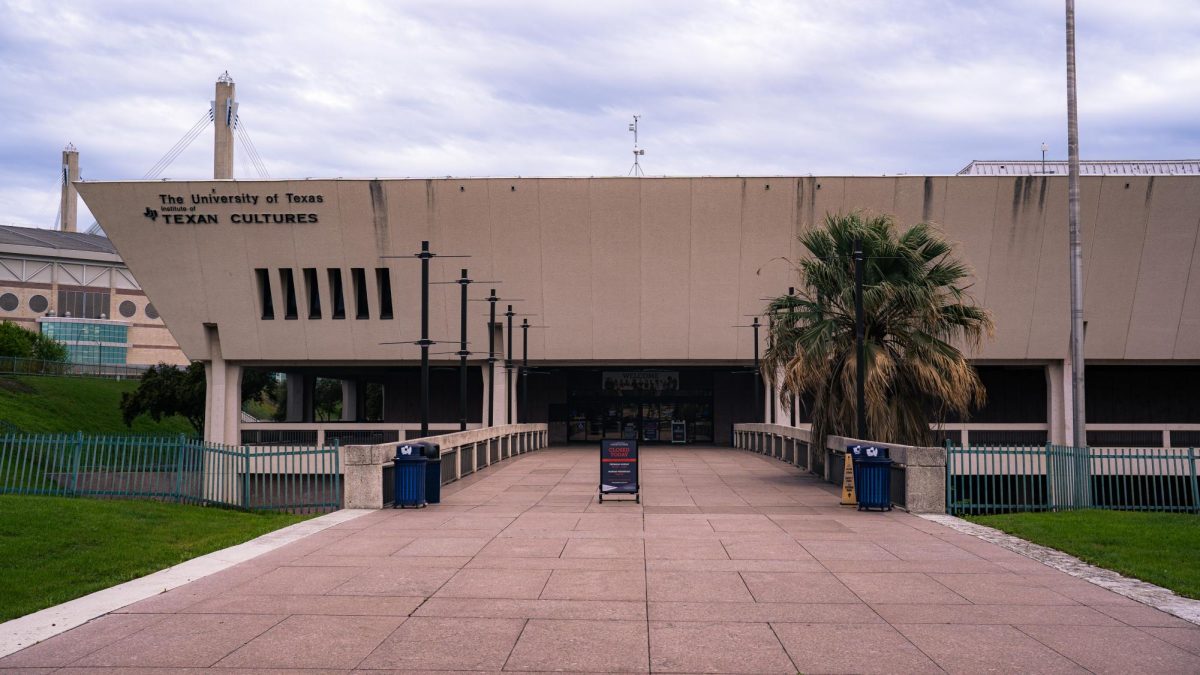On Aug. 14 San Antonio City Council held a hearing to discuss the passage of the proposed Nondiscrimination Ordinance (NDO). The NDO would protect members of the LGBTQ (Lesbian, Gay, Bisexual, Transgender and Questioning) community from being fired on the basis of their sexual preference and orientation.
Currently, workers suspected of identifying as anything other than heterosexual can legally be fired if their employer chooses to do so. The NDO would change wording in section 2.552 of a previous bill to remove an employer’s ability to fire an employee who is suspected of being a member of the LGBTQ community.
The Aug. 14 hearing allowed citizens to argue for or against the ordinance, give testimonies of their personal experience in the workforce and state why they believed the ordinance should or should not pass.
Due to a previously scheduled funeral of a fallen officer, only five of the nine voting members of City Council attended including: Diego Bernal, Ron Nirenberg, Elisa Chan, Shirley Gonzales and Ray Saldaña.
Ron Nirenberg, who represents UTSA’s main campus in District 8, gave his stance on the ordinance.
“We have crafted a law that respects the spirit (of non-discrimination)… and civil liberties.”
When asked what the average citizen can expect as effects of this ordinance, Nirenberg stated that most people, “won’t even notice this law has gone into effect,” as it is simply, “working to refine language to remove section 2.552.”
Nirenberg believes students, “should be concerned,” about whether or not the bill passes because they have, “much longer to live with the consequences.”
Councilwoman Elisa Chan faced controversy after a member of her staff recorded a conversation in which she admitted that she finds homosexual behavior “disgusting just to even think about.”
“I don’t think homosexual people should do adoption,” stated Chan. “It is actually, what you call suggestive, for the kids to be corrupt, which is against nature. I’m telling you, anything that is against nature is not right,” admitted the councilwoman. Days following the recording, Chan held a press conference to defend her statements.
“The comments from the staff meeting were and are my personal opinions and thoughts as guaranteed to me by the first amendment of the U.S. Constitution. It is unfortunate that a former member of my Council team betrayed the trust of my staff members and me,” responded Chan to the controversy.
“I will always fight for our freedom of speech, especially in a private setting.”
UTSA students, as well as San Antonio citizens who identify as LGBTQ in the workplace, could be directly affected by the outcome of the ordinance.
Recognizing the importance of the ordinance, nearly 300 supporters and dissenters went to City Council to ensure their voices were heard.
In keeping with the spirit of Texas civil debates, citizens showed their support with the color of their clothing. Those in favor of the bill wore red, while those opposed donned blue.
Citizens also carried signs from, “equality now,” and “vote yes,” to “no special rights,” and “this is San Antonio, not San Francisco.”
As blue and red shirts intermingled in the audience, citizens offered their testimonies before the five present City Council members.
One of the most common arguments against the ordinance was that, by allowing members of the LGBTQ community in the workforce, women and children were in danger of sexual harassment or assault when using a women’s restroom.
Others who testified against the ordinance believed that it was a frivolous clarification and that those who identify as LGBTQ were shown special treatment.
Members of the transsexual and transgender community addressed accusations that women and children would be harassed in public restrooms as erroneous.
Comparisons were also made between racial segregation in the 1950s and present sexual orientation discrimination, using the NDO as the modern civil rights movement.
Matthew Chandler, a UTSA sophomore undeclared major, was prepared to give his testimony at the hearing, stating the NDO was necessary to him. “It ensures that I don’t have to fear that, as a member of the LGBTQ community in the workplace, I would be arbitrarily fired,” stated Chandler.
Jorge Villarreal is a UTSA student and member of MOVE, a San Antonio based non-profit aimed at representing the youth voice. He believes that Diego Bernal, Mayor Julian Castro, Rey Saldana, Rey Lopez, Ron Nirenberg and Shirley Gonzalez will vote in favor of the ordinance. “… we have the votes. We needed six and that is the number we will have… at least.”
Voting for the NDO will take place on Sept. 5.











